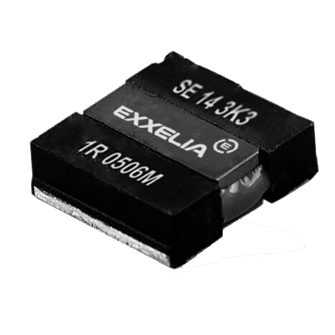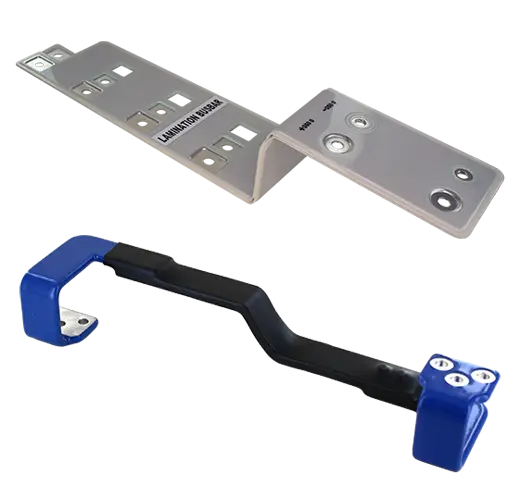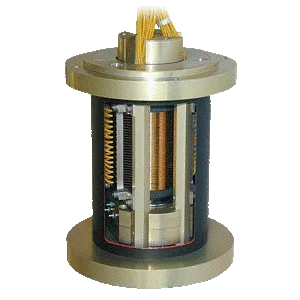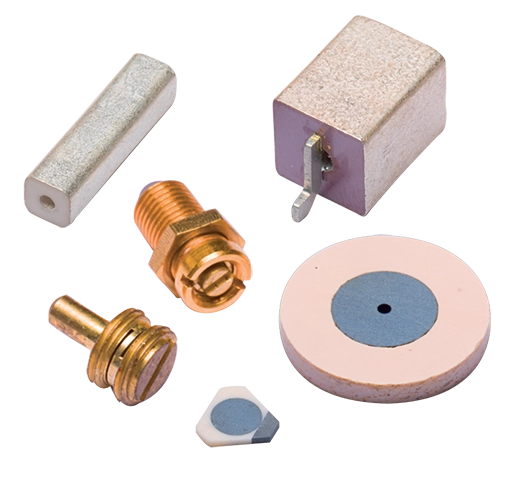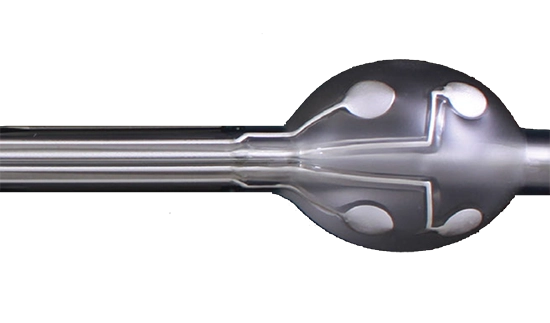

Discover Exxelia's MML™ capacitors: ultra-high energy density, 50% size/weight reduction, 140°C operation, ideal for aerospace and electronics.
Exxelia, a leading manufacturer of ruggedized passive components and sub-systems dedicated to demanding markets, today introduced Miniature Micro-Layer™ (MML™) capacitors, a breakthrough technology that allows tremendous...
MML™ is a revolutionary new technology that provides the highest capacitance per volume in film capacitors available on the market.
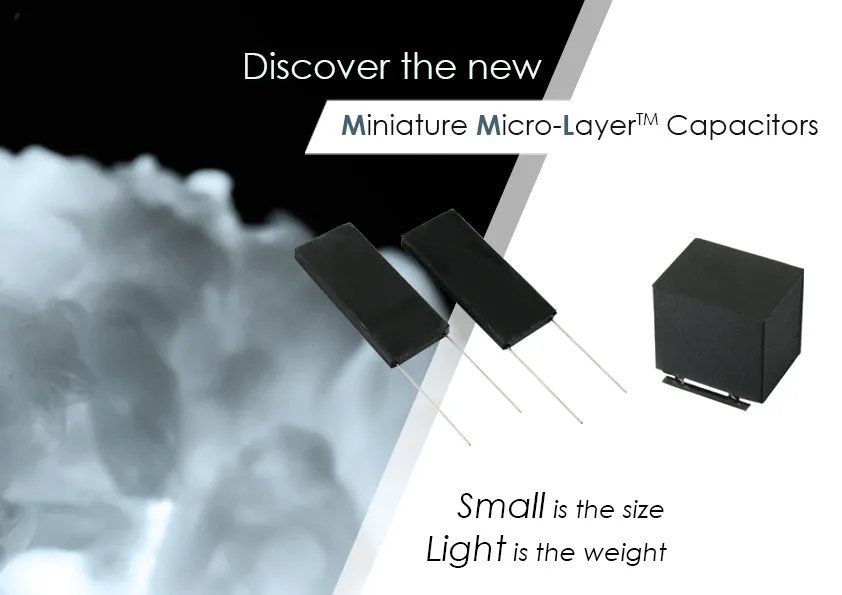
Why is it a game changer? Because an unparalleled energy density of 400 J/dm3 allows for a tremendous reduction in size and weight compared to traditional Polypropylene or Polyester dielectrics, together with an increased operating temperature up to 140 °C and transient voltage protection.
Besides, MML™ capacitors offer a large flexibility in design, easily allowing low profile configurations.
Several studies have been conducted on actual cases of controls and DC-Links functions for aircraft applications. All have shown about 50% reduction in size and weight compared to other film technologies.
The comparative picture with MLCC is even more flattering, as it demonstrates between 70% to 90% reduction in weight, while showing no capacitance derating with voltage applied and a low drift < 5% through the temperature range. Applications using clusters of stacked MLCCs can now be replaced by a single MML™ unit of similar size, with all the increased reliability that film dielectric offers.
With such outstanding properties, Exxelia new MML™ capacitors are perfectly suitable for power supplies, DC-links, AC/DC/AC power converters, charge/discharge or power generation functions of commercial/military aircraft, satellite platforms and payloads, launchers, defibrillators, downhole tools and any applications of confined electronics.
Samples are readily available on request.
Features & Benefits :
- Miniaturization of the function : Up to 50% size reduction vs other film technologies ; matching footprint with stacked MLCC
- Lightweight : 50% lighter vs other film technologies ; 80 to 90% lighter than ceramic
- No capacitance derating in voltage, stable in temperature (<5% drift through the temperature range)
- Capacitance from 1μF to 1000μF
- Voltages from 50V to 1000V
- Operating Temperature -55 °C to +140 °C
- Highly customizable


